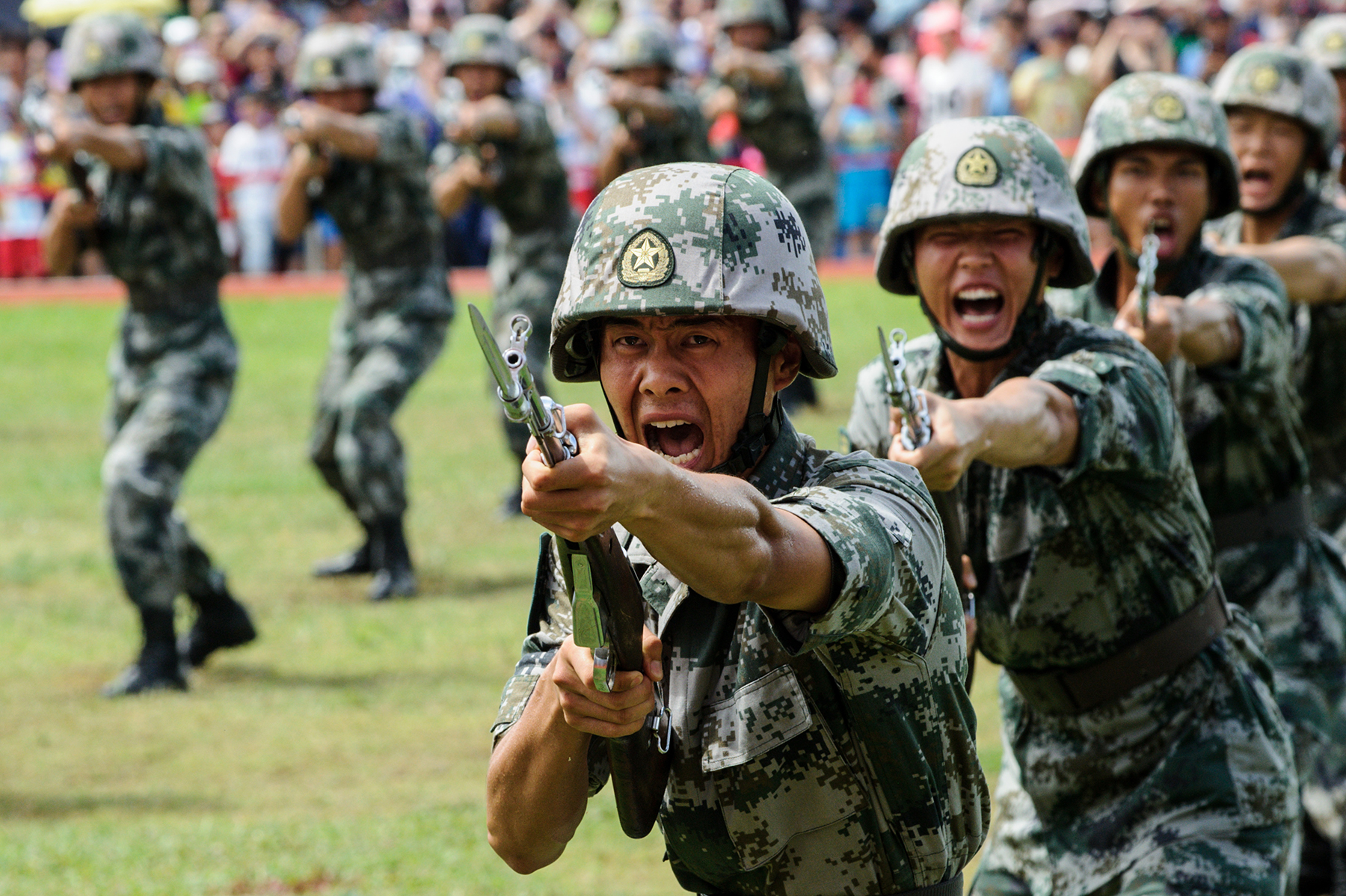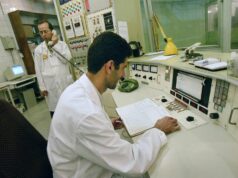Communist Party of China Strengthens its grip on PLA through central military commission

Dated : 04 Jan 2021 (IST)
In a move which will tighten the grip of the Communist Party on the PLA and expand the power of its Central Military Commission (CMC), China has amended its National Defence Law from January 1 to mobilise military and civilian resources in defence of the ‘national interest’ at home and abroad.
The amended law weakens the role of the State Council in formulating military policy and hands decision making power to the CMC. For the first time, ‘disruption’ and protection of ‘development interests’ have been added to the legislation as grounds for mobilisation and deployment of armed forces.
The amendments were passed by the National People’s Congress on December 26, after two years of deliberation. Three articles were removed, more than 50 were amended, while there were six additions.
The legislation also specifically focuses on the need for building a nationwide coordination mechanism for the mobilisation of state-owned and private enterprises to take part in research into new defence technologies covering conventional weapons, as well as the domains of cybersecurity, space and electromagnetics.
These amendments are aimed to strengthen the military leadership under Chinese President Xi Jinping, and providing it with the means to respond to the accelerating confrontations between China and the US, according to South China Morning Post. The amendments aimed to legalise and formally apply the “special” nature of China’s political and defence system when dealing with situations that could harm the regime at home and abroad.
The changes show that regime had gained the confidence to legitimise its long-standing principle that the party ‘commands the gun’ and strengthen its ‘absolute leadership’ over-armed and reserved forces, said Chen Daoyin, an independent political commentator.
“The move to include ‘development interests’ as a reason for armed mobilisation and war in the law would provide legal grounds for the country to launch war in the legitimate name of defending national development interests,” Chen said.
Zeng Zhiping, a military law expert at Soochow University, said that the State Council has become a mere implementing agency to provide support to the military, adding that this change was a big contrast with developed countries like Germany, Israel and France, where armed forces come under civilian leadership.
Taipei-based military expert Chi Le-yi said the amendments highlighting the use of armed forces to suppress national disruption would be used to target independence-leaning forces in Taiwan, which Beijing regards as part of its territory, reported South China Morning Post.
For decades, the Chinese government has claimed authority over Taiwan. Though Taiwan is not recognised by the UN, its government maintains a relationship with the US and does not accept the Chinese authority.
“The law revision is also a symbolic battle call by the party to warn all Chinese people to be combat-ready for a nationwide defence mobilisation, which the party has never done since [it came to power] in 1949,” said Chi.



